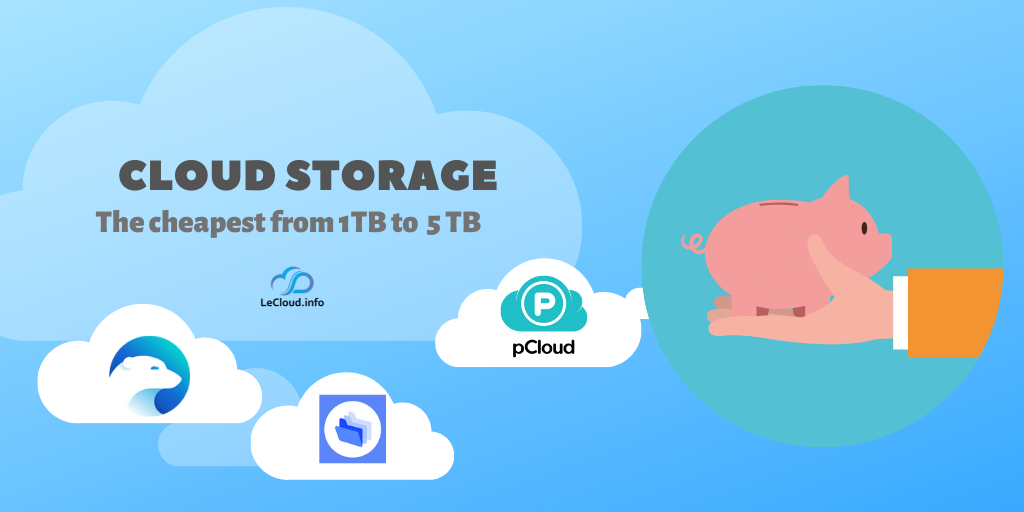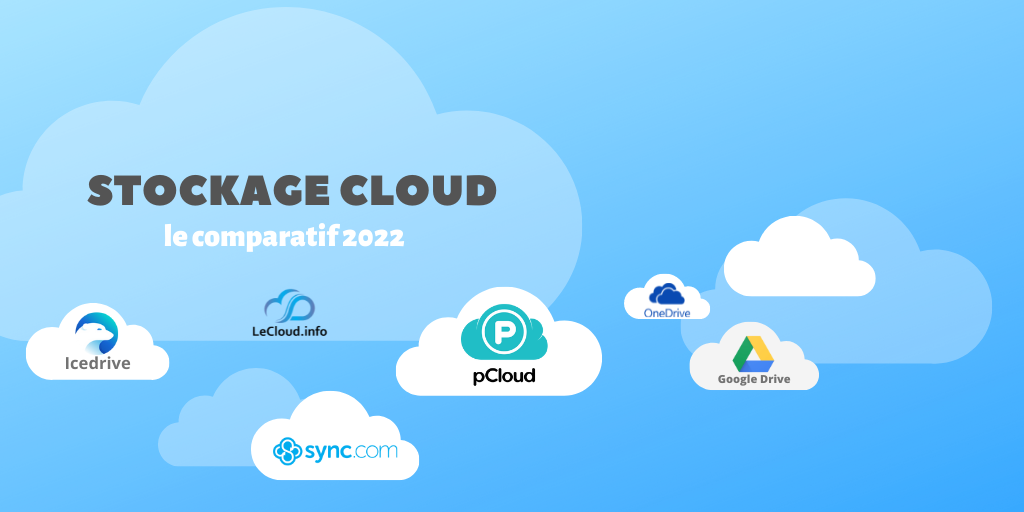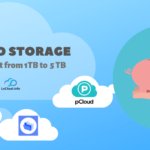As Internet use becomes ubiquitous in daily life, the status of data is also changing. It is becoming more and more useful to be able to access your data anytime and from anywhere, or to share it with other people.
For this reason, online storage has become an increasingly effective solution for many of us.
Last Articles
How does online storage work?
In its simplest definition, an online storage service or cloud storage offers the possibility for a user to send a copy of their files to a remote machine called a data serverthat stores the received files.
The user can then access his files at any time, either through a web browser or a dedicated application.
In practice, each step of this online storage operation is complex and involves many technologies to make the service reliable, secure and easy to use.
Where is the data stored in the cloud?
The storage system often consists of hundreds of machines: servers. The data is replicated on several independent servers so that the files remain accessible to their owner, even in case of a failure or other problem on one of the servers.
Advantages: Why send your files to the cloud?
Online data storage has many advantages over local storage on physical media.
Simplified access to data
Today, a user often has many devices connected to the Internet: work computer, laptop, phone, … Synchronizing data in the cloud offers the possibility to access it from any of these devices.
Transferring your data from your work computer to a USB key to be able to work at home becomes unnecessary, and the multiple problems that this posed can be forgotten. No need to email important documents to each other anymore.
To go further in this direction, your data becomes accessible even in case of unexpected need. An Internet connection and a simple web browser are enough to access your data from anywhere.
Data sharing
Data synchronization in the cloud also provides a great tool for data sharing. Indeed, it becomes extremely easy to give others controlled access to a selection of your files.
This sharing feature greatly simplifies collaborative work.
How to send large files by email?
Sharing large files stored in the cloud is the easiest thing in the world. Most of the time, you just have to generate and copy/paste a link to the file you want from your online storage.
The sharing features differ significantly from one provider to another. Some offer to set an expiration date for sharing, or password protection for example.
Some also offer to share an entire folder, or to set permissions on shared files (you can decide that one person will only be able to read the file, while another will be able to modify it).
Reduce the risk of data loss
Computers can crash, break or get stolen. The same things happen with other physical storage media like external hard drives or USB sticks. These weaknesses make traditional data storage difficult to rely on and robust.
Online storage services often have multiple copies of the same file on different servers. This redundancy greatly reduces the risk of data loss. Indeed, if one of the servers is defective, the data remains accessible since it is not dependent on a single physical medium.
Doing the same thing with local storage is complicated to set up and painful to manage. In particular, it assumes that copies of the data are stored in different places to avoid disaster (what happens in case of fire if the media are in the same room?).
Cloud Storage Concerns
The concerns with storing data in the cloud are usually related to the reliability and security of the service.
No one wants to entrust their data to a company without the certainty of being able to find it when they need it.
When it comes to online data security, all storage providers implement certain measures to improve their system. These practices include data encryption (or ciphering) and stringent authentication methods.
Data vulnerability is a major issue that needs to be addressed carefully. It is interesting to note that the most generalist and well-known providers (such as Google or Apple for example) are not necessarily the most demanding when it comes to protecting your privacy. Other cloud storage companies are often much more demanding in this area.
To learn more about the best services for security and privacy, check out the article on online storage security
.Choosing a cloud storage provider
Depending on your needs, choosing the right storage service is no easy task. There are many parameters to consider, among which we believe security should play a major role.
To simplify your choice, we believe that pCloud
currently offers the best compromise on the market. The offer is very well positioned on all possible functionalities, including :- a free 10GB plan to test the service,
- rock-solid security and a paid option for private data encryption (to ensure that no one but you can view your data, including pCloud),
- a Swiss company with a very good reputation,
- the only provider to offer reasonably priced lifetime payment plans (you pay once and get access to storage space for life).
For more choices, query our search tool for the best online storage
to filter providers by desired features.











